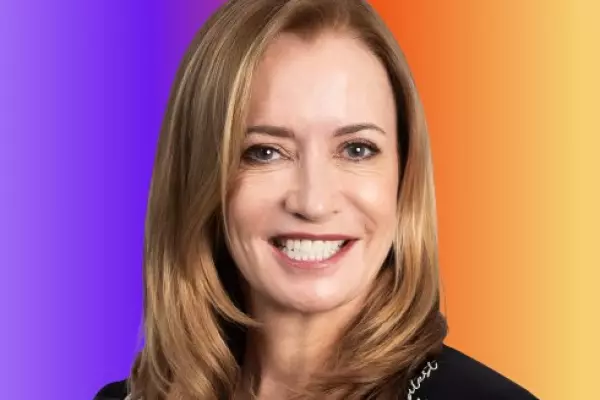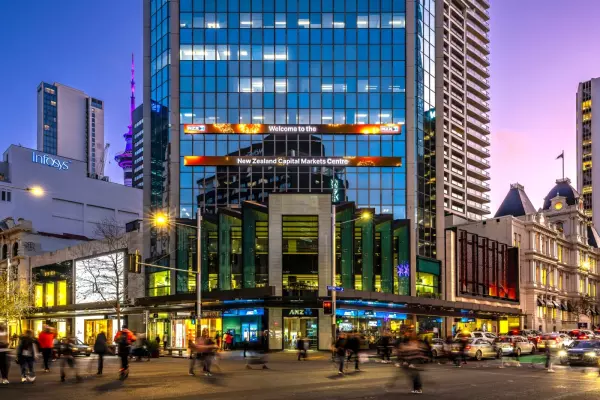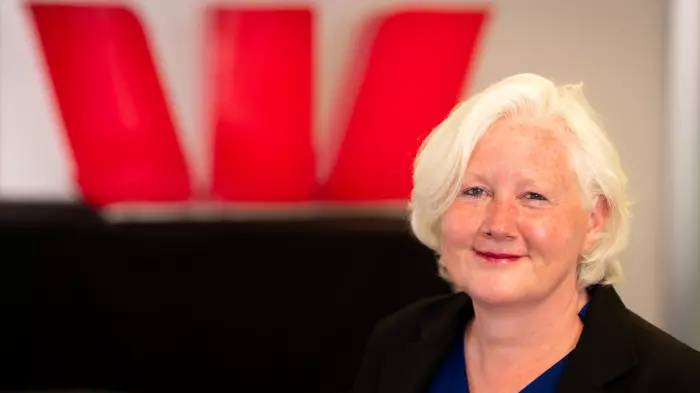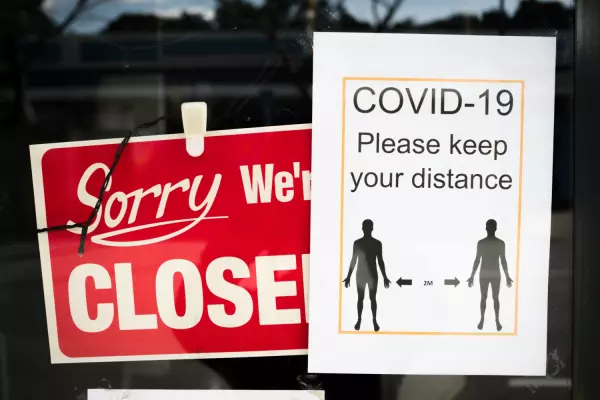The hospitality industry’s move into alert level 2 has raised an issue hotly debated in some quarters: Are chips a meal?
Prime Minister Jacinda Ardern yesterday told reporters restaurants would open when the country moved into alert level 2 on Thursdays, and bars would open a week later.
However, yesterday evening Commerce Minister Kris Faafoi said that bars and pubs could open at alert level 2 provided they seated customers and served them food, along with other restrictions such as groups no bigger than 10 and no more than 100 per venue.
The change has prompted further clarification over the rules.
“If a group of 10 or fewer patrons are happy to sit down at a safe distance from other groups of 10 or fewer people, stay within their group, everyone has a meal (even if it’s a bowl of chips), have a drink and leave, that could be considered to adhere with the public health objectives of covid-safe socialising,” a spokesperson clarified this afternoon.
The spokesperson said the point was bars had to be operating a sit-down-and-eat service for individuals, couples and small groups, not one with standing around, drinking and socialising.
Understanding the rules
Previously businesses were told to operate under Anzac Day trading rules, which Hospitality NZ chief executive Julie White said didn’t have a clear definition of meals, although burgers and chips were definitely a meal, and snacks were not.
“Right now, the biggest challenge is clarity even for ourselves, who were really involved with the government. We were even a bit blindsided with the prime minister’s announcement but we are working with the ministry to work through the nuances,” White said.
“The biggest issue is deciding whether it is feasible to operate under level 2 – restaurants and bars rely on numbers but restrictions on spacing will have a huge impact on how many customers they can have and the measures all come at a cost.”
Hospitality NZ estimated 40 percent of businesses would not survive without further government support. White is hoping Thursday’s Budget comes with more measures alongside the wage subsidy, and said capital injections and guidelines for commercial leases were needed.
“Some 50 percent have been given rent reductions while 50 percent of restaurant owners have not given any discount or opportunity to discuss it,” White said, noting that hospitality revenues were broadly split into a third wages, a third food costs and a third rent. That meant 10 percent margins, she said.
Nourish Group owner Richard Sigley said prices might need to be hiked for restaurants to be sustainable.
Low margins shrink
“We are in survival mode,” the owner of Soul, Euro and Shed 5 said. He expects to be able to seat half as many guests as usual under the physical distancing rules.
“Consumers have to understand restaurant margins used to be 20 percent. Now they can be as low as 2 percent,” Sigley said but noted that unless other restaurants followed it would be hard to pass costs on to patrons.
“With the bigger outlets we might break even – we are arguing with landlords and those costs haven’t come down – the wage subsidy had maintained us and if they hadn't done it I’d say we would be laying off a third of our workforce,” Sigley said, confirming his group of restaurants employs 500. Within Nourish, Auckland's The Crab Shack and Queenstown's Jervois Steak House were hit hardest, as tourists made up 50 percent and 70 percent of revenue respectively.
Sigley said another way to recoup costs was passing on credit card commissions directly to guests, which would save his group $1 million each year.
Flexitime payroll data shows average weekly earnings are slowly increasing, having risen 7.7 percent after the country moved from level 4 to level 3. However, there was a 22.8 percent drop off in weekly earnings when the country moved into lockdown.
Hoping for breakeven.
“I’m reasonably positive about consumers coming back, and we just have to survive. It’s not doom and gloom, we aren’t being taken out by a company or being made redundant. This isn’t like Netflix and the traditional broadcast media,” said adman turned restaurateur Lucien Law, who runs the dining arm of NZX-listed Moa Group.
“I’m hoping personally for myself to break even. We got a lot of landlord support but we need to make menus smaller and not open as many hours.”
Good Home Takanini owner Phil Trespass said there were aspects of the new rules, such as the fact that one server could serve only one group of people was “bizarre,” as were time limits.
“Aren’t we better to have people in the restaurant longer, are you better to have one table for three hours rather than two tables in that time, causing people and more issues.”
Trespass said the business would open because it “had to” but “we are going to open, we are going to pay full rent, and only open at half capacity.”













